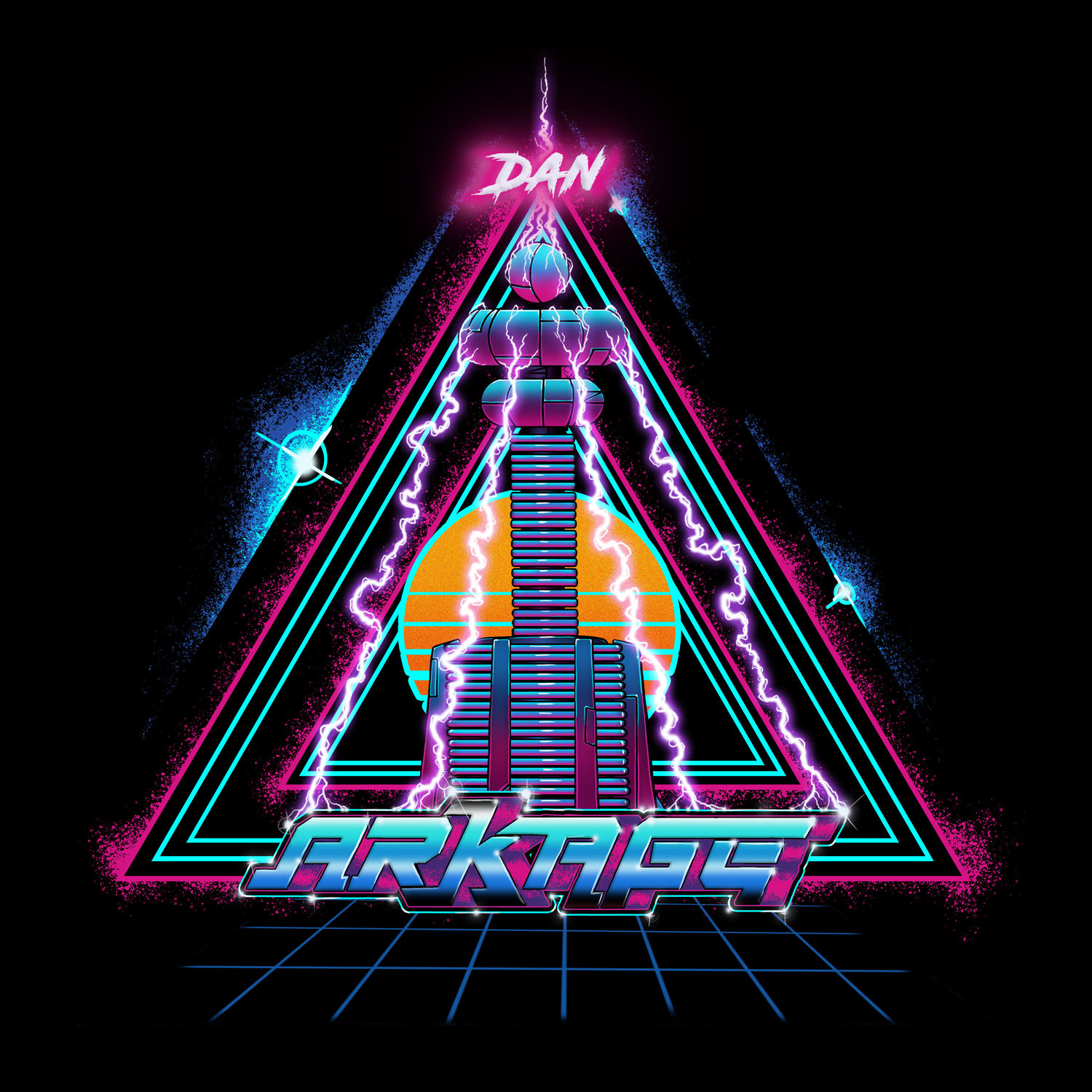First all, a disclaimer: I never played the original version of The Stanley Parable. I wanted to, but life got in the way, as well as a deluge of other cool games in its original release, so it just never materialized. As such, Ultra Deluxe is my first play of the game at all, so be aware that no nostalgia is present here.
The Stanley Parable Ultra Deluxe is an updated version of the original game from 2013. It is classified by developers Crows Crows Crows and Galactic Cafe say it is a remake and pseudo sequel to the original game. Honestly, I feel that is stretching things a bit, but what makes me feel that way is also kinda of the point.
You play as Stanley, an office worker who likes to sit at his desk and push buttons. Loves nothing better in fact. There is a narrator who explains what Stanley is doing, and gives hints as to what to do next. You can walk and look around and, shockingly, push some buttons. That's about it. Now, do not let this lack of interaction fool you, the game is intensely clever and well written with genuinely funny laugh out loud moments throughout, but mechanics heavy it aint.
The genius is the way the game reacts to what you are doing. Follow the Narrator’s instructions and things happen one way, but change just one thing on that path, and new possibilities open up, and the game and, more specifically the Narrator, reacts to that change. He can try to get you back on track, or just roll with what you are doing and the levels change to reflect your actions too, at least in some cases.
The point of the game is to find all the different ‘endings’. I put that in inverted commas cause it feels more like a reset than an ending, you don’t see credits for example, but in each case you reach some kind of conclusion to Stanley’s story, and some are fairly mundane, while others are pretty wild and surreal. If you think you have a bead on what the actual story is about, I can assure you, you don’t.
The game is more like a meta-narrative on game design and interaction than anything more traditional and it excels in that, with knowing prods at tropes and design ideas any gamer has experienced a hundred times over, with some laugh out loud comments from the narrator who does a fantastic job at conveying everything.
Ultra Deluxe’s only real downside is that, as per the developers, it is a pseudo-sequel. What this means in broad terms is that at some point you walk past a door marked ‘new content’ which has, as you might infer, the new content in it. Some other bits have changed in the main game, but without being hyper familiar with the original release you probably won’t even notice. Honestly though, it feels more like it could be a patch rather than any kind of meaningful sequel, though given how meta the game is overall, feels exactly in line with what The Stanley Parable is about.
I really enjoyed my time with the game and if you haven’t played the original definitely give this a go, it is super fun, has some knowing winks and nods for those who know and is genuinely funny to boot. The voice acting is fantastic and will provide more than enough entertainment to justify the cost. A great, different game all round.






